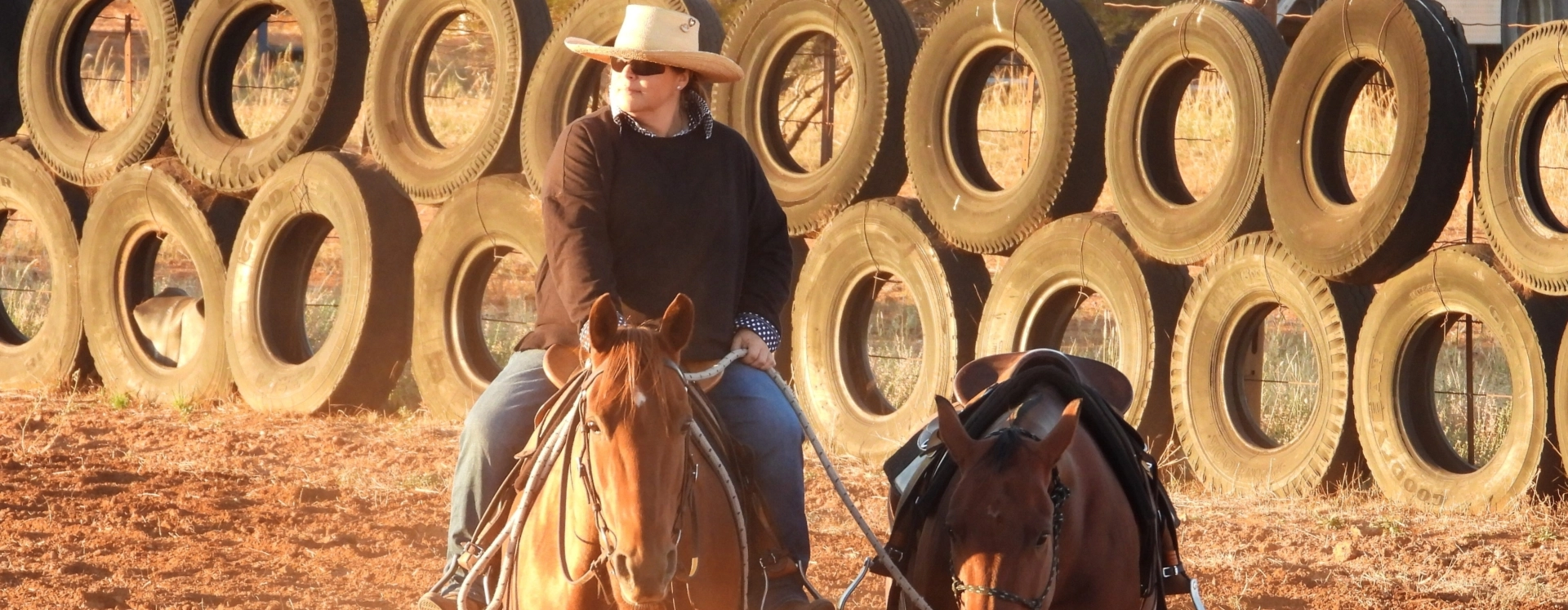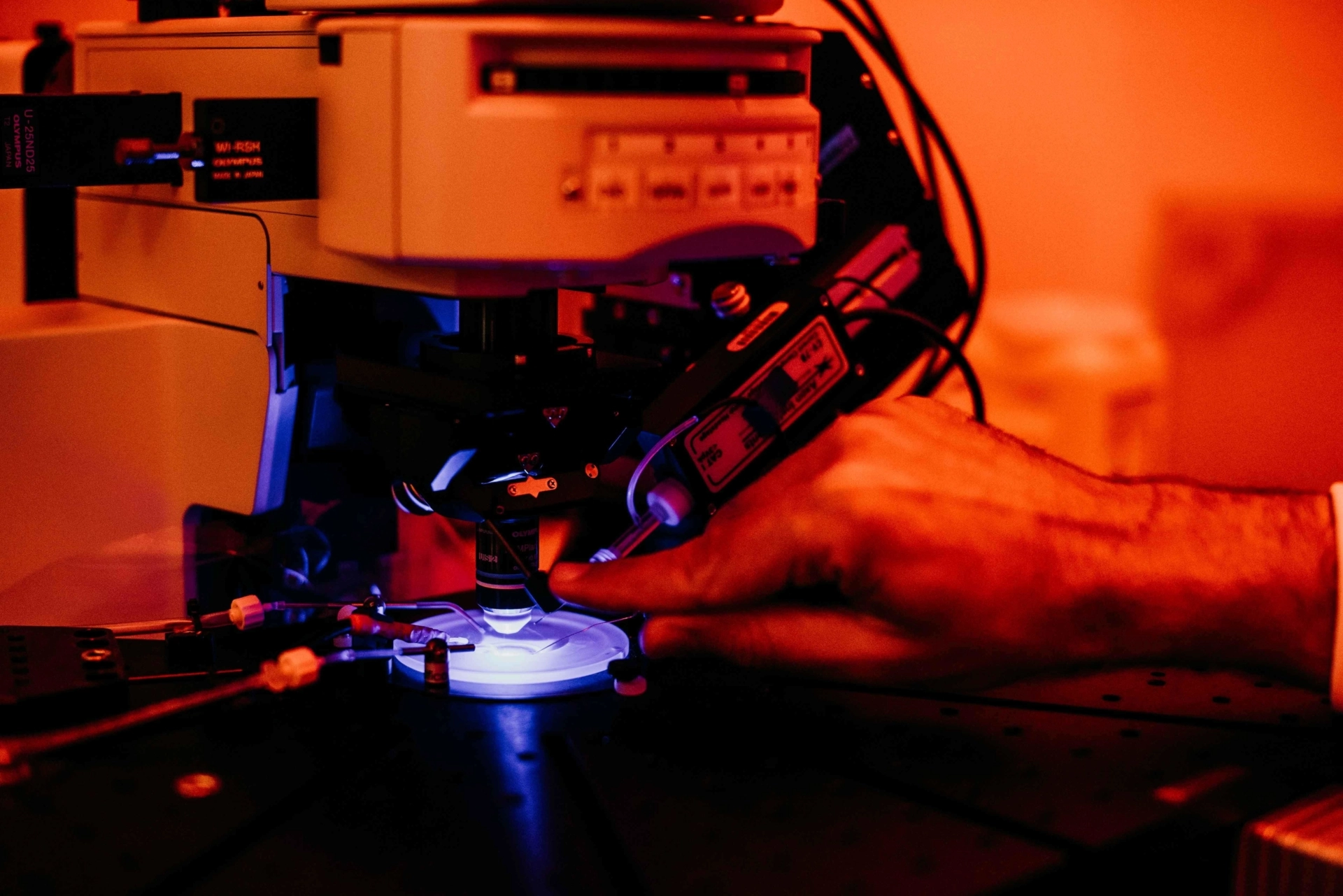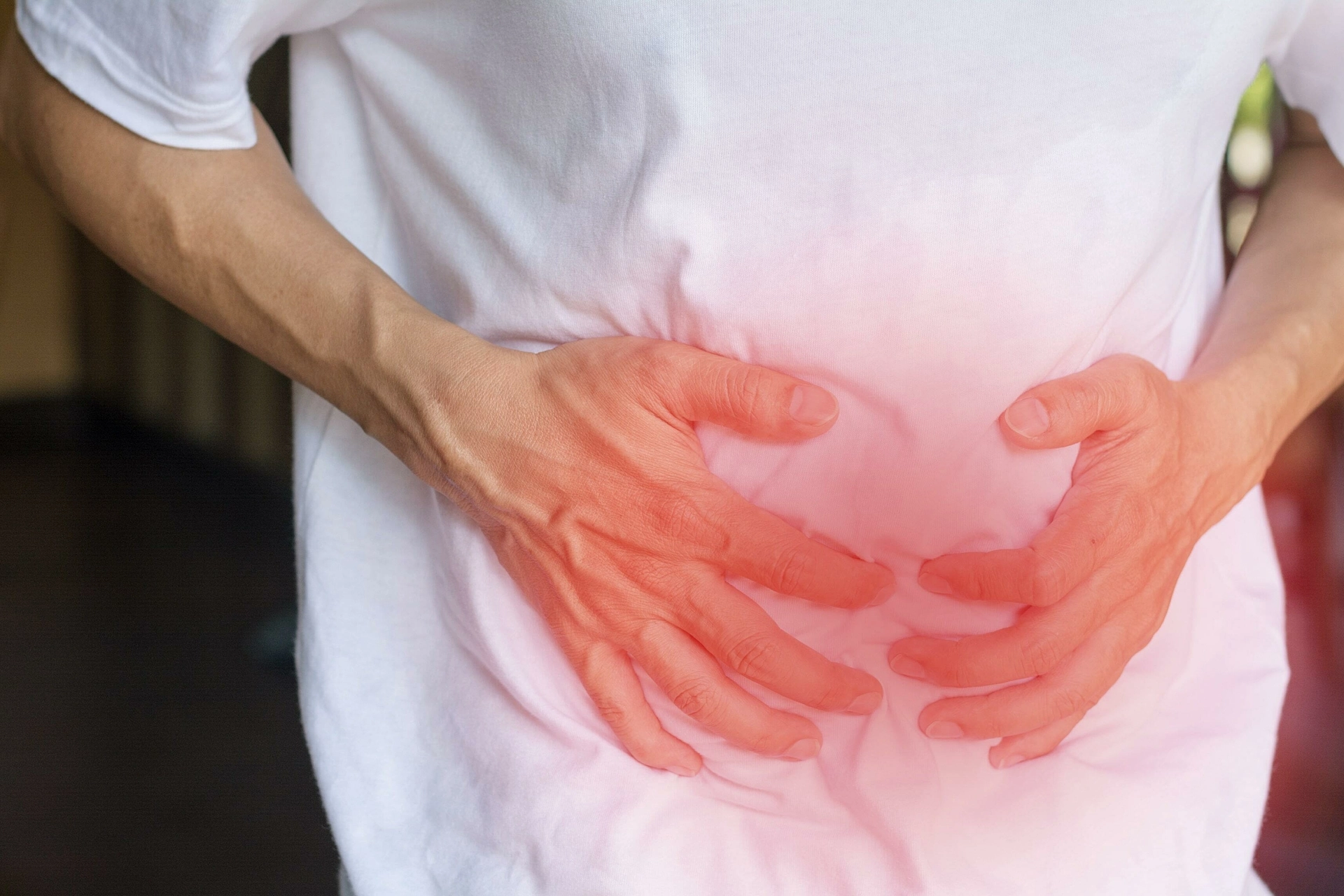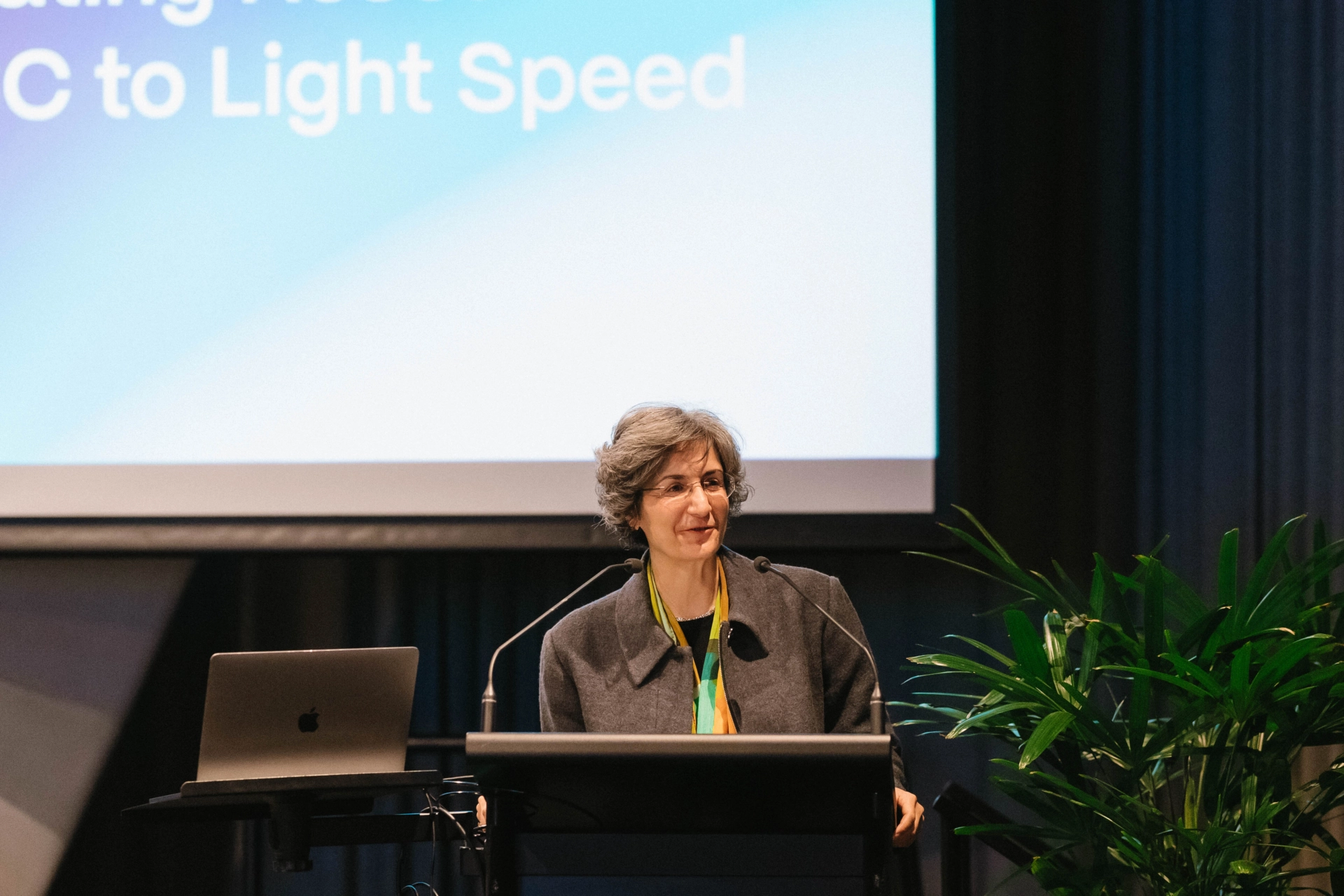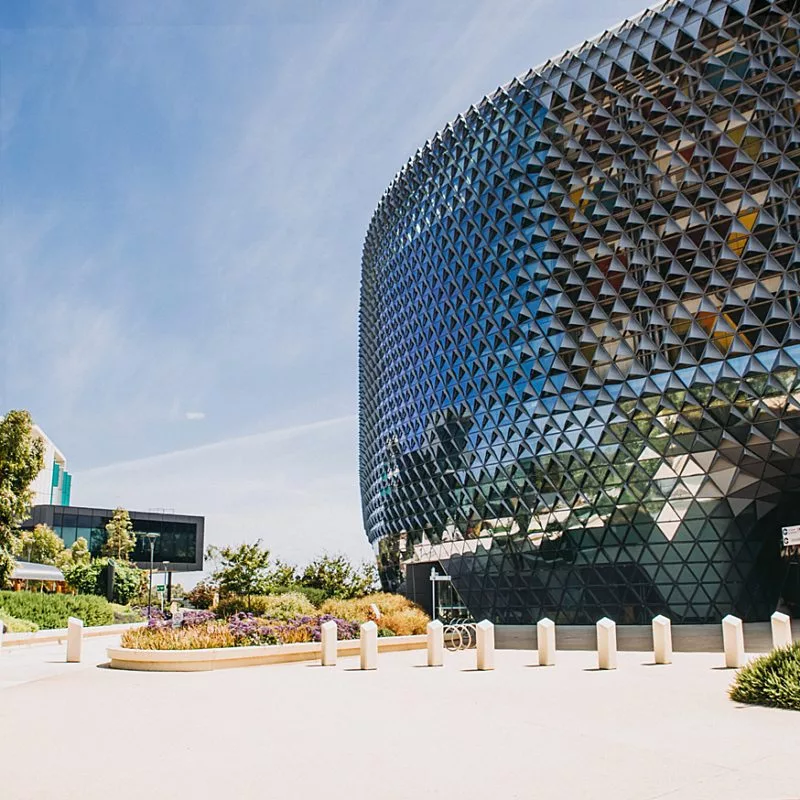Michelle comes from five generations of farmers. She met her husband Adam, also from a farming family, on New Year’s Eve when she was just 18. Since then, the pair has raised their children and worked the land side by side.
Growing up, Michelle had no major health issues, aside from painful, heavy periods that she did her best to manage quietly. But after delivering twins via caesarean in 2002, she developed some complications. A surgeon suspected Crohn’s disease, yet a gastroenterologist dismissed the idea. Michelle was prescribed months of antibiotics that left her incredibly unwell. Once recovered, she remained healthy for more than a decade. Then, in 2015, the fatigue began.
Blood tests revealed low platelet levels, and what Michelle calls the “merry-go-round of doctors and appointments” took off. One specialist even recommended removing her spleen, an extreme measure her husband thankfully talked her out of. Despite feeling increasingly ill, Michelle kept working as a kindergarten teacher and raising three young kids. Iron supplements helped for a while, until the stomach pain arrived.
In 2016, after a sharp abdominal pain following a horse ride, her symptoms worsened. On a family holiday, a friend noticed how pale she looked. Michelle passed blood and was urged to seek urgent care. She drove 75 kilometres to Meningie Hospital, where the wonderful doctors delivered the news as best they could, however she had to be rushed to the Royal Adelaide Hospital for specialised treatment.
Scans revealed a perforated bowel. Doctors were hopeful she’d be home soon. But one night, she awoke in agony, surrounded by blood.
“I’m not a melodramatic person,” she says, “but I thought, this is it...”
She underwent emergency surgery and awoke with a colostomy bag. There had been no time to prepare her. No counselling. No aftercare.
“I wanted to die. I didn’t think I could live like that.”
Back home, Adam held the fort, managing the farm and caring for the children, while Michelle recovered in hospital for three weeks. Returning home was another battle, accessing colostomy supplies proved exhausting, without any formal support, and a three-hour round trip to the nearest SA Pathology service with three kids in the back seat.
“When you live with a chronic illness, it dictates every part of your life,” she says. “You can’t be spontaneous. You’re always thinking, do I have enough supplies? What if my colostomy bag leaks? Where can I change it? It’s so isolating.”
In 2018, the colostomy was reversed. But complications meant the wound didn’t heal properly. With weekly check-ups in Adelaide out of the question, a visiting nurse began attending their home. Michelle searched for community support, but found online spaces filled with fear and despair.
“If it’s a broken leg, people can see it and talk about it,” she says. “But if it’s poo or periods, people don’t want to know,” Michelle said.
In 2019, Michelle began monthly infusions in Adelaide to manage her Crohn’s. Each visit meant juggling work, parenting, farming, and accommodation costs. Often, she’d drive herself home after treatment, drained and alone. Eventually, her immune system became too compromised for the classroom.
“I couldn’t give the best of myself to the kids anymore. And I couldn’t live with that.”
Then came a turning point. A friend, also a nurse at Meningie Hospital, noticed the bruising on her arm from the infusions and advocated for staff training by the Royal Adelaide Hospital so she could receive treatment locally. It was life changing.
The community rallied too. School buses dropped the children closer to home and neighbours delivered groceries.
“Living in a rural area can be tough, but when people come together, it can be beautiful too.”
That’s when COVID hit. Michelle was sent home from work by her specialist, contracted the virus, and soon after, her son was injured in a motorbike accident. Incredibly, it wasn’t until 2021 that Michelle received mental health support, something she says would have made a world of difference earlier.
“I have a tertiary education in advocacy, with good networks and support, and I still struggled to get help… I think about the people who have no one, what the hell are they going through?” she said.
“We were drowning. I don’t want anyone to go through what we did. Some families wouldn’t survive this.”
“It’s important for people to share their story. People don’t always ask and sometimes you just need to talk about it.”
In March 2023, Michelle started administering her own injections and slowly she began to stabilise. Since then, telehealth has made care more accessible and she’s now grateful to be in the best health she’s had in recent memory.
“I’m well enough to volunteer driving a fire truck for the CFS. I can compete with my horses in camp drafting, and last year I was even able to travel to Africa for three weeks with a friend.”
Michelle now knows she’s far from alone in her struggle, with millions of Australians enduring the pain and uncertainty of chronic disorders like Crohn’s disease, irritable bowel syndrome (IBS), irritable bowel disease (IBD), endometriosis and more.

That’s where Professor Stuart Brierley and SAHMRI come in. Prof Brierley leads SAHMRI’s Visceral Pain Research Group, focusing on the source and symptoms of chronic pain disorders.
“There’s a variety of ways in which your susceptibility to pain can be altered on a daily basis. Stress, infections, changes in diet and disruptions to the microbiome caused by medications can mess with the way your gut signals to your brain,” Prof Brierley said.
His team recently discovered that specialised gut cells release molecules like serotonin to signal pain to the brain. In people like Michelle, these pathways can become hypersensitive, causing ongoing pain long after the initial trigger has passed.
“We now have a much clearer picture of how gut pain is generated and maintained,” Prof Brierley said.
“If we can learn how to regulate these cell signals, we’ll be much closer to developing effective, targeted treatments of these conditions.”
Now that the mechanisms involved in driving these conditions have been discovered, specific interventions can be developed to block communication between the cells and nerves responsible.
“Theoretically we should be able to find a way to stop gut pain at the source and simultaneously reduce feelings of anxiety,” Prof Brierley said.
“Future interventions are likely to include drug treatments, microbiome treatments and diet-based treatments.”
For Michelle, this research represents vital hope for herself and countless others, and you can be part of the solution. SAHMRI is raising much-needed funds to further this essential research.
